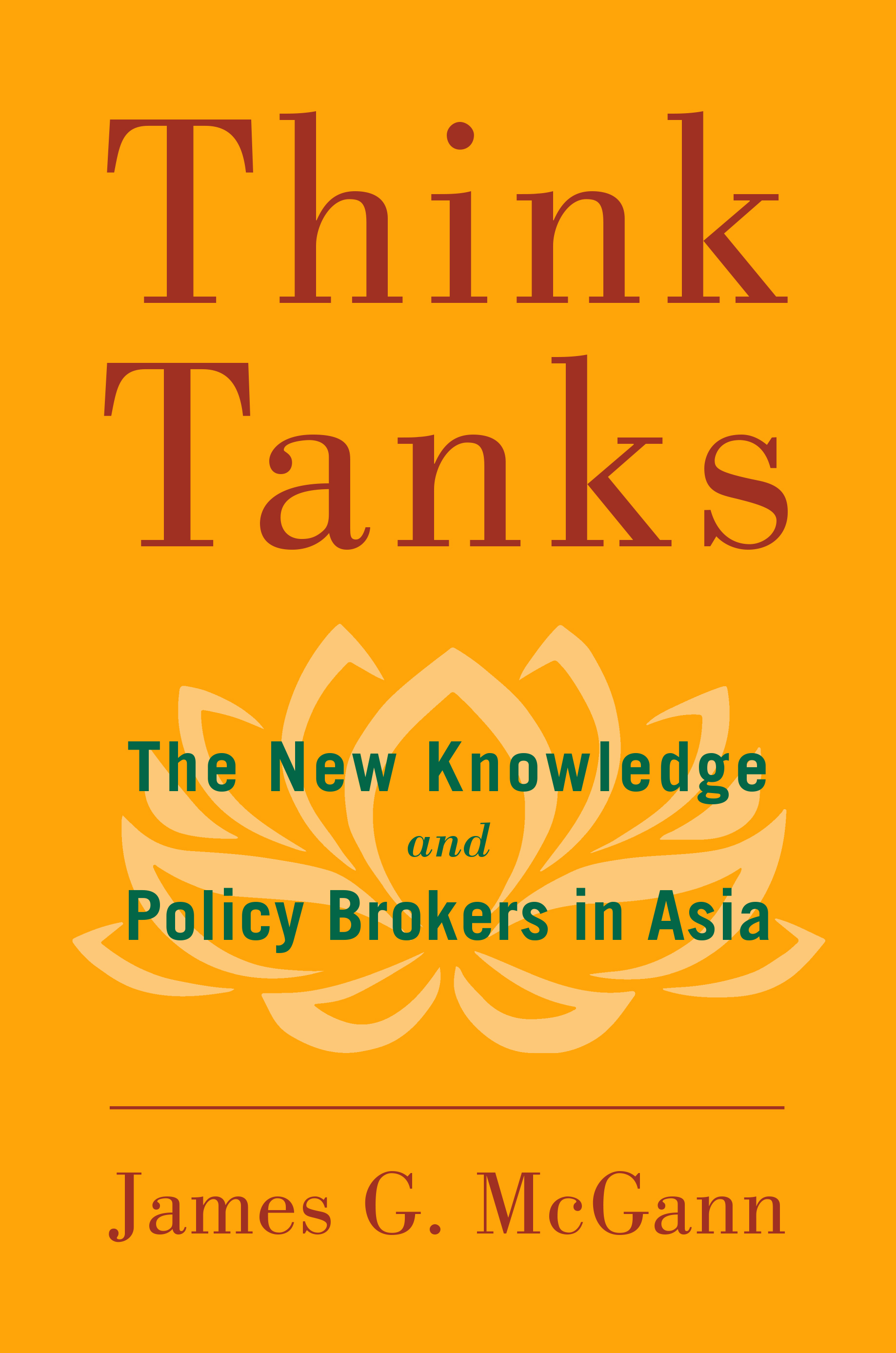Faced with record high gas prices and the November elections, not a day goes by without a politician’s pitch to provide consumers with some relief — be it to permit offshore drilling, crack down on speculators, curb inventories in the Strategic Petroleum Reserve or grant a gas tax holiday. Yet each of these policies would have a negligible impact on gas prices.
The truth is that there is little lawmakers can do in the short run to reduce prices at the pump. Current high oil prices are primarily a result of rising global demand and tight supply, along with a weak dollar. On the positive side, high gas prices have the benefit of encouraging consumers to reduce oil consumption and miles driven by taking mass transit, carpooling, buying more fuel-efficient cars, or living closer to work. Still, many people are being genuinely hurt by record gas prices and want some relief.
What if there were a way to lower the cost of driving for most people while still encouraging people to drive less and use less oil? There is: It’s called pay-as-you-drive insurance, whereby insurance is priced per mile driven rather than in a lump-sum amount each year.
Under our current auto insurance system, similar drivers pay nearly the same premiums if they drive 5,000 miles a year as if they drive 50,000 miles. Just as an all-you-can-eat restaurant encourages more eating, all-you-can-drive insurance pricing leads people to drive more. Pricing auto insurance per mile driven provides an extra incentive to reduce driving and thus would reduce our nation’s dependence on oil, as well as reduce accidents, congestion, carbon emissions and local pollution. The system would also be more equitable since currently low-mileage drivers, who tend to be low-income people, subsidize insurance costs for high-mileage drivers.
Our new paper from the Hamilton Project at the Brookings Institution estimates that if all motorists paid for accident insurance per mile driven rather than in a lump sum per year, that extra incentive to drive less would lead to an 8 percent reduction in miles driven. To put that in perspective, it would take a $1-a-gallon increase in the gasoline tax to achieve the same reduction in driving, based on 2007 average retail gas prices. That means 5 percent less oil consumed and 2 percent fewer carbon emissions. In total, we estimate net social benefits of between $50 billion and $60 billion per year.
And we could achieve these gains while also saving most drivers money. We estimate that roughly two-thirds of households would end up paying less for auto insurance, with each of those households saving an average of $270 per car. The premiums would still be adjusted for various risk factors — so an urban 25-year old with a sports car and a DWI record would pay a higher per-mile insurance premium than a middle-age rural driver with a spotless driving record.
Most states’ regualtions do not permit pay-as-you-drive insurance, so states should take the necessary steps to remove those barriers. The federal government can do its part by funding pilot projects and offering tax credits to offset some of the costs incurred by insurers to monitor miles traveled.
As record-high gas prices squeeze American households, pay-as-you-drive insurance could offset some of that pain by reducing driving costs for the majority of people. Those who cut back on driving to save money on gas would also enjoy reduced insurance premiums.
Pay-as-you-drive can reduce our oil consumption, help the environment and reduce other driving-related harms, while also saving most drivers money. Good for drivers, in this case, is also good for society.





